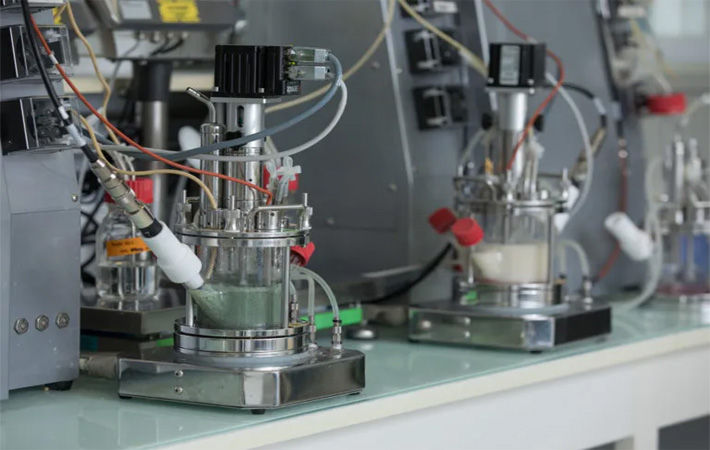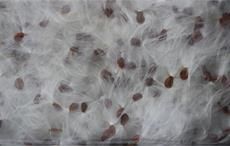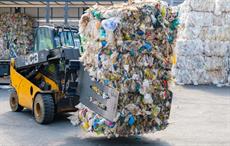
After studying several potential location proposals, Carbios has shortlisted two of the worlds’ leading PET producers to host this future reference unit. The excellent results obtained from Carbios’ industrial demonstration plant, which began operations last September in France, confirmed the industrial scale-up potential of the company’s technology. With regard to the core of Carbios’ recycling process, the depolymerisation kinetics and yields obtained are identical to those achieved in the Pilot facility, the company said in a press release.
Carbios’ industrial teams are completing the comparative audits of the potential industrial sites submitted by PET manufacturers. This team has also been strengthened with the recruitment of additional expert talent and is already working on the development plans for the construction of the reference unit. Engineering work has begun and is expected to be completed by the end of the year. Additionally, Carbios continues to work with renowned industrial partners such as Technip Energies and Novozymes.
C-ZYME is a response to the rising concern of plastic pollution. This world-first enzymatic technology converts PET (the dominant plastic in bottles, trays and polyester textiles) into its basic components, which can then be used to make 100 percent recycled and 100 percent recyclable PET, without loss of quality. The transition to a circular plastic economy will be accelerated by the industrialisation of this disruptive process.
“To consolidate our strategy and be ready for 2025, the date by which major industrial players are aiming for 100 percent recyclable and recycled packaging, we are entering the final stage of our industrial development. Discussions with our potential partners and public authorities are in process and we can expect the location of our future first-of-its-kind reference unit to be announced in the coming weeks,” Emmanuel Ladent, chief executive officer of Carbios said in a statement.
Fibre2Fashion News Desk (GK)

